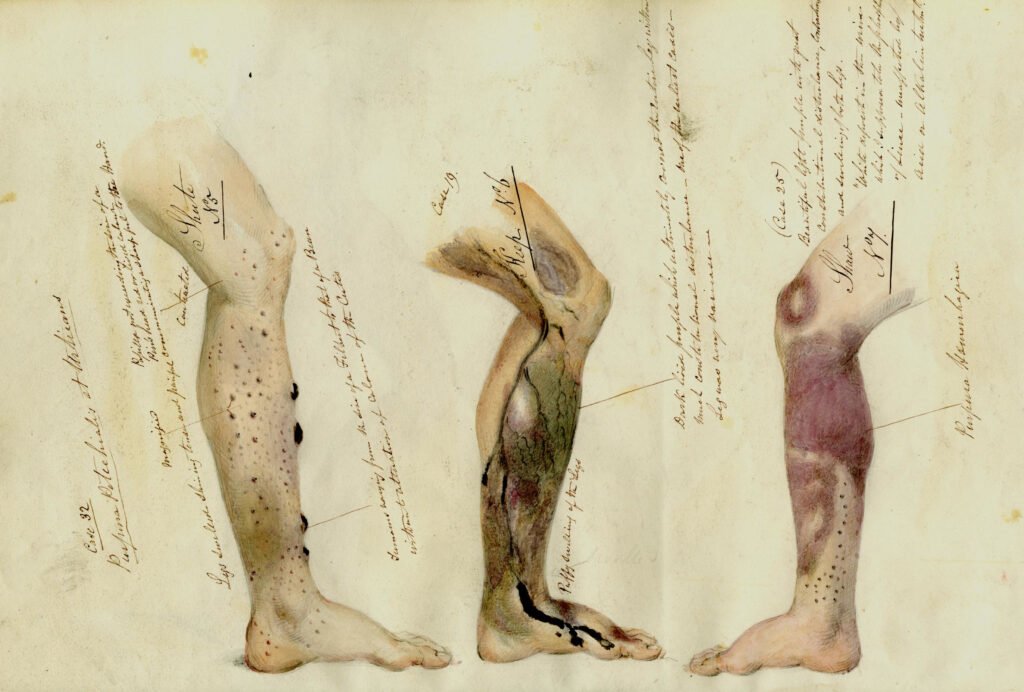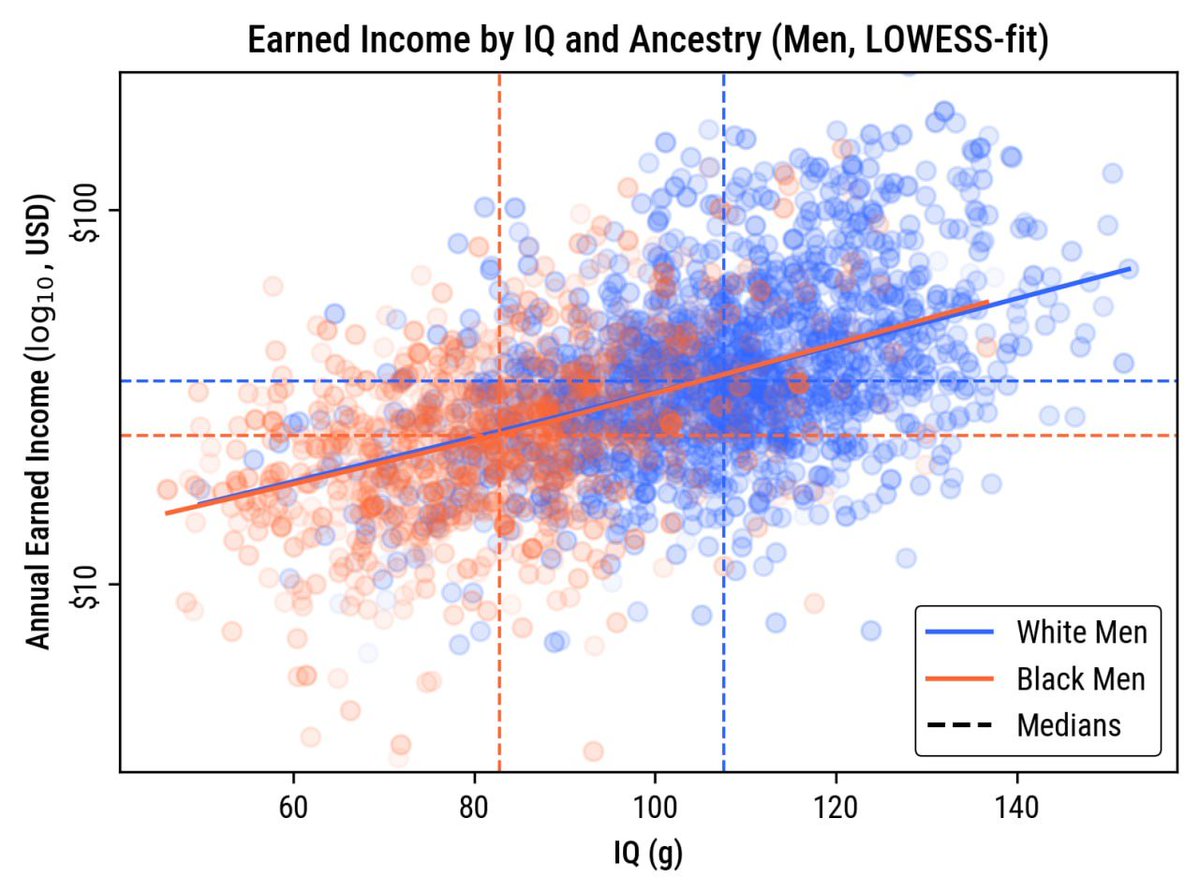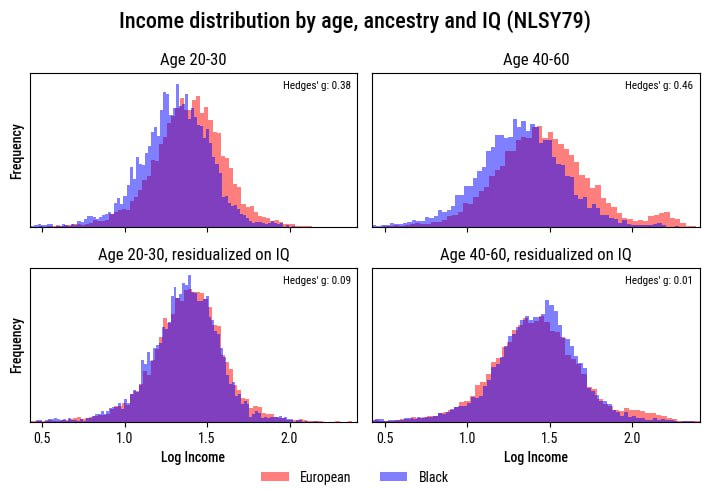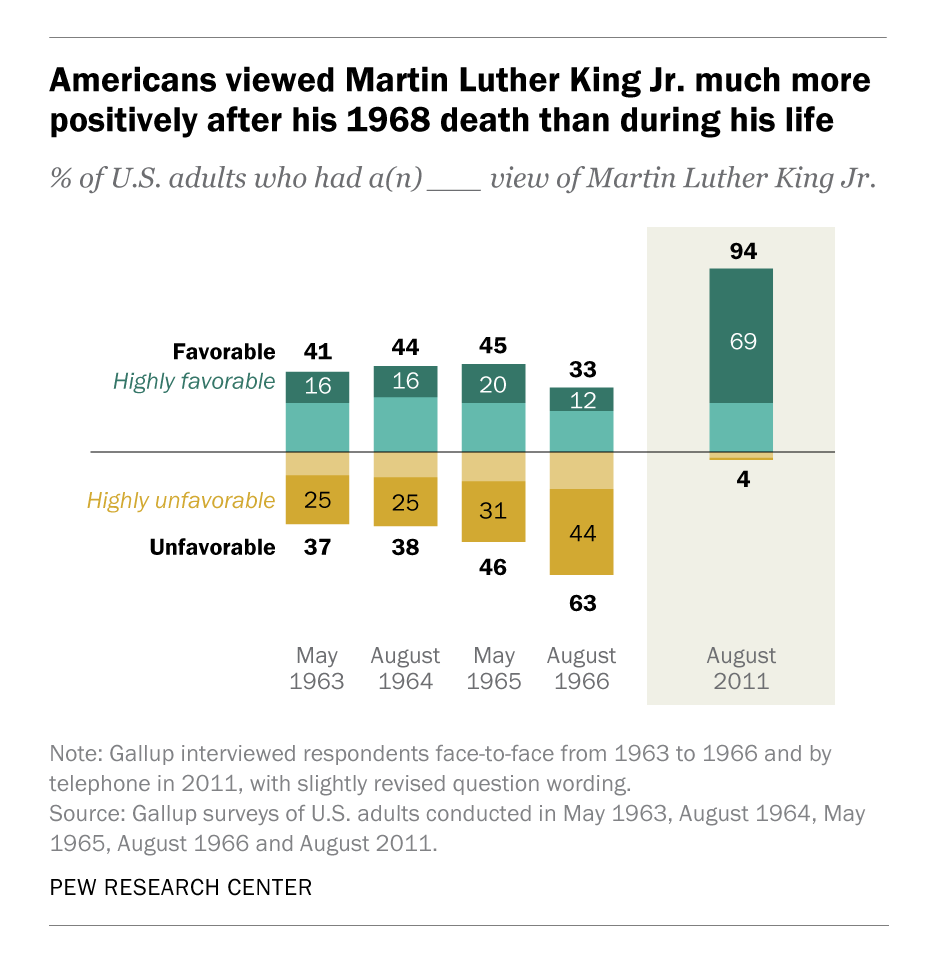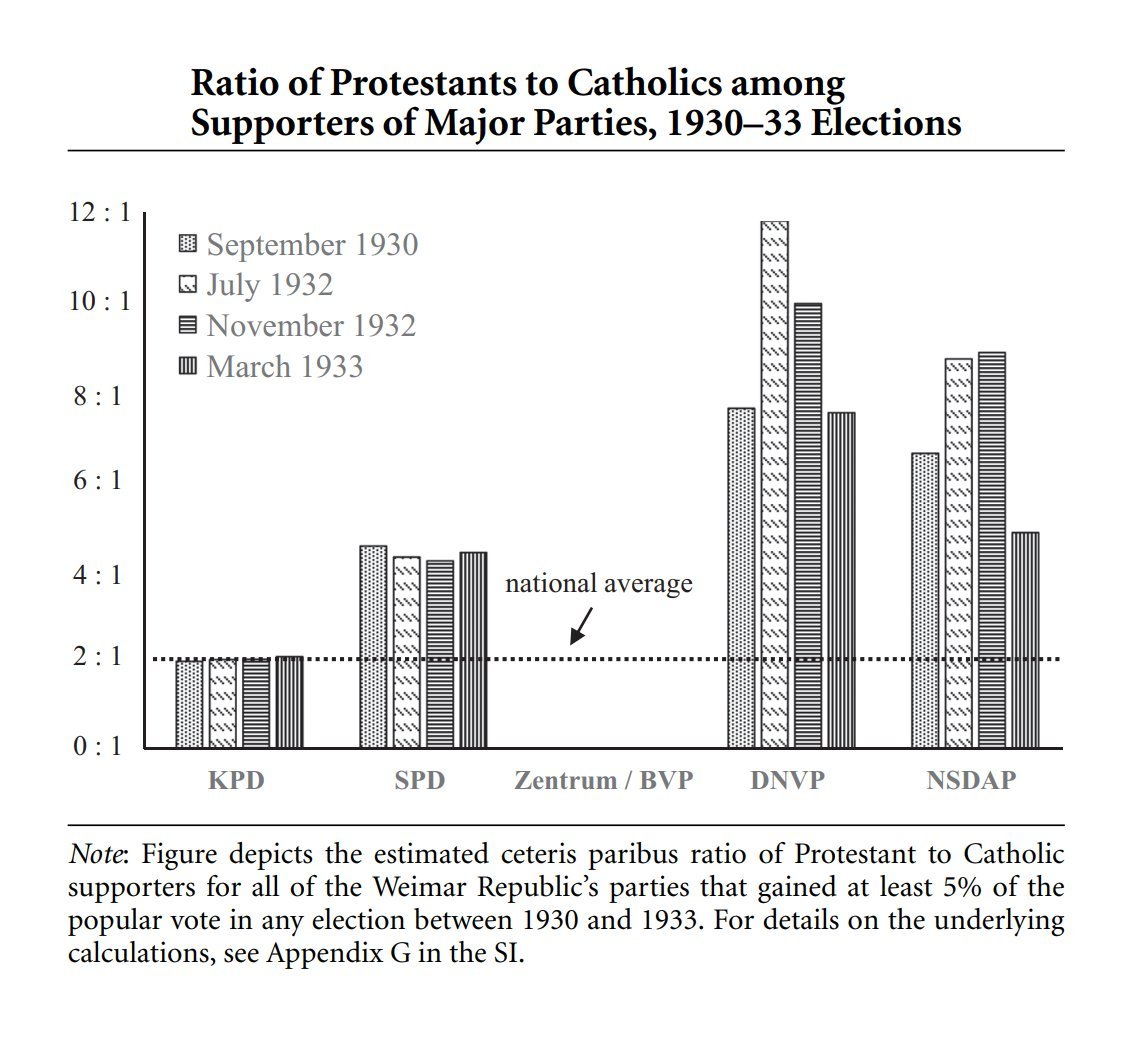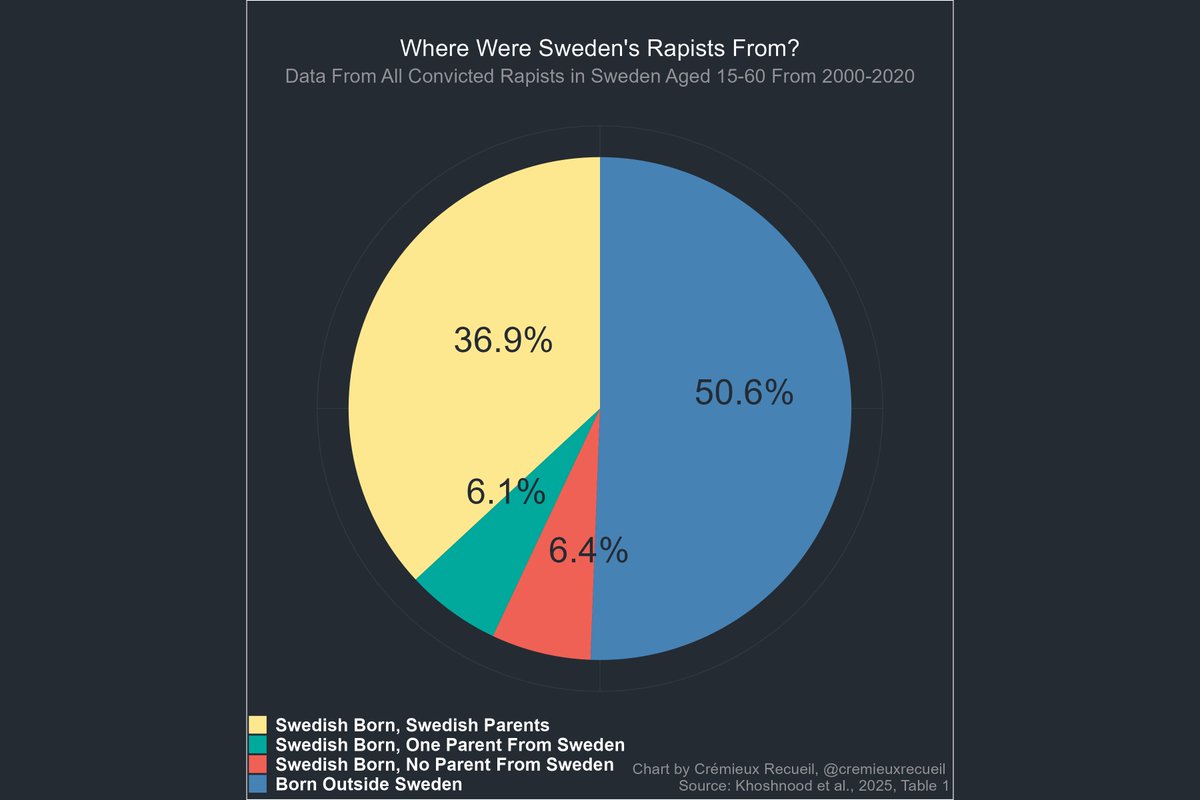Psychotic people follow scripts.
Let's talk about the glass delusion, the Middle Ages' bout with a mass psychogenic illness marked by people believing they were made of glass.
Let's talk about the glass delusion, the Middle Ages' bout with a mass psychogenic illness marked by people believing they were made of glass.

Glass was a valuable commodity in Europe. It was primarily owned by the noble and well-to-do, and it had a notable purpose in alchemy.
Its perception as the technology of the time was as one that's both fragile and valuable, like the nobility.
Its perception as the technology of the time was as one that's both fragile and valuable, like the nobility.

Glass was the relatively novel technology people knew, and they knew things could be transmuted into glass. Delusional people also thought transmutation could affect them.
Take King Charles VI.
He truly believed his body was made of glass.
Take King Charles VI.
He truly believed his body was made of glass.

This delusion was such that Charles felt he had to build his life around it.
He had iron rods fastened into his clothing to hold him up, and he didn't allow his advisors to approach him, lest they accidentally shatter him.
This illness set in during his twenties.
He had iron rods fastened into his clothing to hold him up, and he didn't allow his advisors to approach him, lest they accidentally shatter him.
This illness set in during his twenties.

The age when his psychotic bouts started is remarkably consistent with when the illness starts today.
Were he alive today, he probably would have been prescribed antipsychotics for his condition.
Were he alive today, he probably would have been prescribed antipsychotics for his condition.

But Charles was alive long before his condition was understood.
He also wasn't its only sufferer. As alchemy's popularity grew, more people started to suffer the glass delusion.
They understood glass as fragile, and themselves as fragile, and they acted out that script.
He also wasn't its only sufferer. As alchemy's popularity grew, more people started to suffer the glass delusion.
They understood glass as fragile, and themselves as fragile, and they acted out that script.

For the well-off, the delusion was treated as legitimate. Many nobles came to wear padded buttocks.
But in one case, in Saint Germain, a doctor took a man who thought his butt was made of glass and beat him until he stopped believing in the delusion.
Apparently that worked.
But in one case, in Saint Germain, a doctor took a man who thought his butt was made of glass and beat him until he stopped believing in the delusion.
Apparently that worked.

Amusingly, in Rene Descartes' Meditations on First Philosophy, he remarked on the glass delusion and used it as an example of how people can see the world in totally different ways.
Of course, he did say that the perception was insane.
Of course, he did say that the perception was insane.

Fast forward to the 19th century and factories are beginning to dot the landscape of Europe.
With the change in popular technology, people's delusions followed suit.
With industry, the delusions became industrial. People imagined they were being influenced by vast machines.
With the change in popular technology, people's delusions followed suit.
With industry, the delusions became industrial. People imagined they were being influenced by vast machines.

Patients who presented with this belief in intricate, far off machines that controlled their actions and influenced their lives could never explain how they worked.
Just as people didn't know how they became glass, they didn't get how machines were affecting them.
Just as people didn't know how they became glass, they didn't get how machines were affecting them.

Factories influenced the world, machines could obviously influence us, thus...
Schizophrenics' delusions are tailored to what they vaguely know, and they learn about those half-baked delusions from others, the times, etc.
Consider exorcism. Its modern script came from a movie!
Schizophrenics' delusions are tailored to what they vaguely know, and they learn about those half-baked delusions from others, the times, etc.
Consider exorcism. Its modern script came from a movie!

People today know about parasites, chronic pain, post-viral conditions, toxic poisoning, and more, and they have an amazing tool for finding and promoting related scripts:
The internet!
The internet!

Thousands of people today believe they have a skin condition called Morgellons.
It's not real.
They just believe they're developing sores and lesions, and hairs are sprouting from them, but they're really picking themselves raw and getting freaked out by cotton fibers.
It's not real.
They just believe they're developing sores and lesions, and hairs are sprouting from them, but they're really picking themselves raw and getting freaked out by cotton fibers.

The sufferers from this condition are deeply unwell, and they spread their unwellness to other people through posting about their condition online.
People know about all the requisite concepts, and they see something on themselves and imagine it's a real symptom.
But it's not.
People know about all the requisite concepts, and they see something on themselves and imagine it's a real symptom.
But it's not.
There are no demons, there's no Morgellons, people cannot be made of glass, and there's no big machine out there influencing people and miraculously disappearing the moment those concepts go out of fashion and get replaced by other ones with nary a cure invented.
And this keeps happening!
People are always inventing new conditions or imagining they're afflicted by something real when they're not, by reading into symptoms and gaslighting themselves.
And they sometimes act incredibly mad in these bouts of belief.
People are always inventing new conditions or imagining they're afflicted by something real when they're not, by reading into symptoms and gaslighting themselves.
And they sometimes act incredibly mad in these bouts of belief.

A subset of people today seem vulnerable to scripts, and some seem to have always been vulnerable to it.
It makes you wonder: must psychotic people always be like this? And what can we do to cure them of their delusions?
I suggest we don't give in with padded buttocks.
It makes you wonder: must psychotic people always be like this? And what can we do to cure them of their delusions?
I suggest we don't give in with padded buttocks.
• • •
Missing some Tweet in this thread? You can try to
force a refresh




